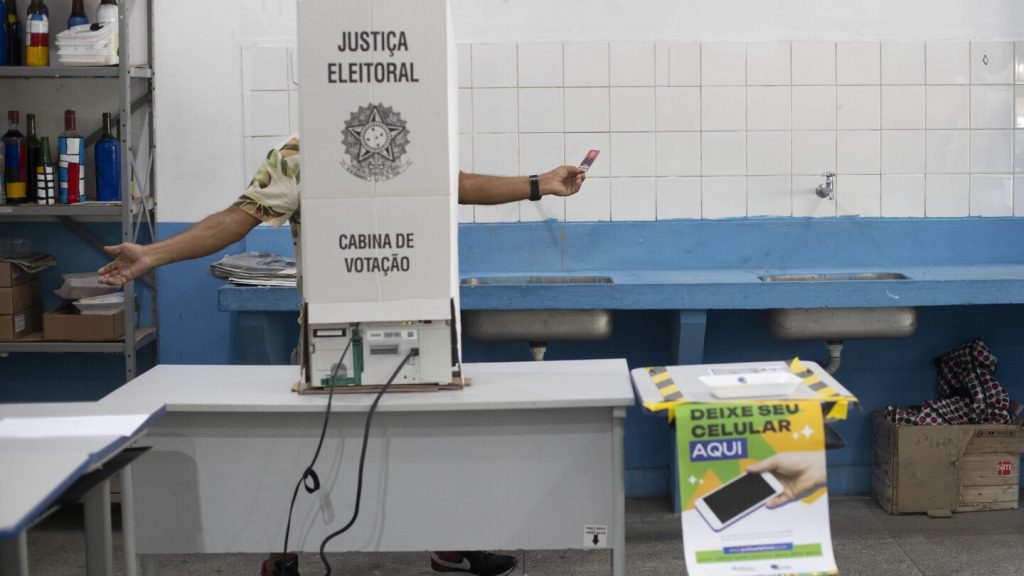In the recent local elections in Brazil, incumbent Ricardo Nunes and leftist lawmaker Guilherme Boulos will compete in a runoff to determine the next mayor of Sao Paulo. Self-help guru turned far-right politician Pablo Marçal came very close to making it to the second round but ultimately missed out. Much attention was focused on Sao Paulo due to incidents of violence involving Marçal, including a physical altercation during a televised debate and the publication of a falsified medical report alleging drug use by Boulos.
In Rio de Janeiro, incumbent Mayor Eduardo Paes secured a fourth non-consecutive term after winning an absolute majority of the votes in the first round. He defeated his main challenger, Alexandre Ramagem, the former chief of Brazil’s intelligence agency under Bolsonaro. Despite Bolsonaro’s support for Ramagem and a slight increase in his popularity in the polls, Paes emerged victorious. Bolsonaro’s failure to propel Ramagem into the runoff is seen as a setback for the former president’s influence in the region.
The elections saw over 155 million eligible Brazilian voters participate in choosing mayors, deputy mayors, and councilors in the country’s municipalities. A significant number of transgender politicians ran for office across all 26 states, with nearly 1,000 candidates participating in the elections. This marked a significant increase from the previous local elections, indicating a growing presence of transgender individuals in Brazilian politics.
Former President Luiz Inácio Lula da Silva threw his support behind Boulos in Sao Paulo, while Bolsonaro backed Ramagem in Rio de Janeiro. Despite their endorsements, both races ended with the incumbent mayors maintaining their positions, signaling a mixed result for the political influences of Lula and Bolsonaro in the local elections. Bolsonaro’s son, Carlos, was successfully reelected to Rio’s municipal assembly, maintaining the family’s presence in local politics.
The election results reflect the diverse political landscape in Brazil, with a runoff set to take place in municipalities where no candidate for mayor obtained an absolute majority. The outcomes in Sao Paulo and Rio de Janeiro demonstrate the complex dynamics of Brazilian politics, with voters choosing between different ideologies and candidates. The runoff elections will be crucial in determining the future leadership of these key cities and the impact on national politics.
Overall, the local elections in Brazil showcased a mix of controversy, violence, and political maneuvering, ultimately culminating in runoff races in key cities like Sao Paulo and Rio de Janeiro. The participation of transgender candidates and the diverse support for different candidates highlight the complexities of Brazilian democracy. As the country moves towards the runoff elections, the focus remains on the future direction of these important municipalities and the implications for national politics under the leadership of incumbents and challengers.


